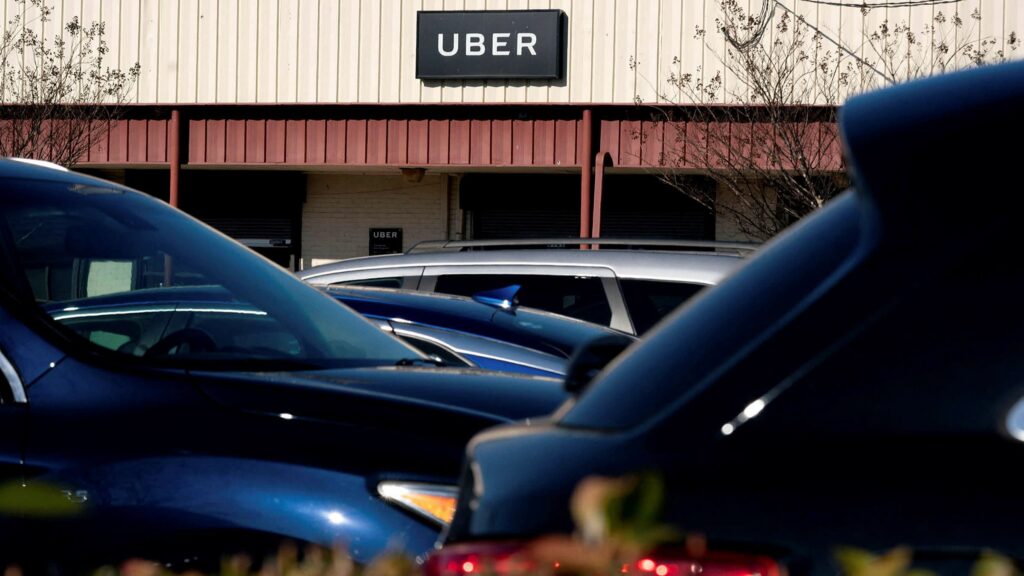Uber brushes off Omicron impact on food delivery strength


A stronger than expected performance in Uber’s food delivery unit helped to offset a dent in its rideshare business caused by the Omicron coronavirus variant, sending the shares up sharply in after-hours trading.
There were 1.77bn trips were taken during the October-December period, the company said in an earnings release on Wednesday, an average of 19mn per day.
That was lower than the 1.91bn analysts had expected, according to FactSet data, and revenue for the rideshare business came in at $2.28bn, slightly below expectations for $2.43bn.
The company’s total revenue of $5.8bn, up 83 per cent year-on-year and ahead of consensus forecasts, was salvaged by the company’s delivery unit. The division reached “profitability” for the first time using Uber’s preferred metric, which strips out several costs including interest, taxes, depreciation and amortisation.
For the quarter, delivery — which includes groceries and convenience items as well as restaurant food — posted adjusted ebitda earnings of $25mn, compared to a $145mn loss in the same period last year.
The company’s overall adjusted ebitda reached $86mn, its second straight positive quarter since first reaching the milestone in last year’s third quarter.
Active users reached 118mn, up 27 per cent year on year and its highest ever. That was in contrast to Lyft, its biggest US rival, which reported a small quarter-on-quarter drop in active users in earnings published Tuesday.
Guidance for the current quarter came in slightly below Wall Street’s hopes, however. The company predicted gross bookings of $25bn-$26bn, and adjusted ebitda in the range of $100mn-$130mn, versus expectations of $27bn and $150mn, respectively.
Uber’s share price jumped more than 8 per cent in Wednesday’s after-hours trading.
“Our results demonstrate just how far we’ve come since the beginning of the pandemic,” said Dara Khosrowshahi, Uber’s chief executive.
“While the Omicron variant began to impact our business in late December, Mobility [the rideshare business] is already starting to bounce back, with gross bookings up 25 per cent month-on-month in the most recent week.”
Uber’s net income of $892mn benefited from a $1.4bn pre-tax windfall from its investments in autonomous vehicle company Aurora and the South Asian app, Grab.